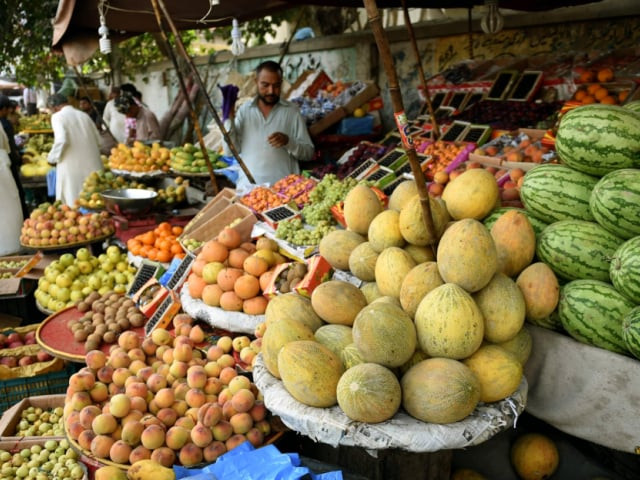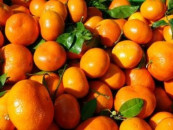Cultivating foreign produce can be the new cash-cow for Punjab’s farmers
Growing non-native varieties like Papaya has raked in millions in profit for smallholders who called dibs on the trend

In recent years, Punjab has seen significant growth in the cultivation of fruits and vegetables that are not native to the land, such as olives, a variety of grapes, papaya, figs, lychee and strawberry.
It is believed that if promoted, largescale cultivation of such high-value produce can not only meet local needs but also supplement the country’s limited export capacity.
Traditionally, a significant chunk of papaya fruit in Pakistan would have to be imported from countries like Afghanistan, Thailand, and Sri Lanka.
However, Annas Bhatti, who belongs to a small city called Manwala, in district Sheikhupra, has cultivated, what is now believed to be the biggest papaya farm in the country and has been circulating his produce across Pakistan for a substantial profit.
“A papaya tree bears fruit for up to three years, while one acre of papaya plantation, that includes 1,100 to 1,150 trees, can easily make rupees one million per annum,” said the farmer, highlighting the profit potential of the long imported fruit. Explaining the numbers, the farmer who has so far sold about 800,000 papaya plants from his cultivation to cities across the province, said that one tree bears about 60 to 70 killogrammes of fruit a season, which is valued at Rs70 to Rs100 a kilogramme in the market.
Read Taliban rule leads to lower price of Afghan fruits in Pakistan
“This corresponds to a total earning of Rs112,0000 in a year, while the overall cost comes down to Rs120,000 including the possibility of spoilage,” he added.
Similarly, Ranambashir Hassan, a farmer from Lahore, has also been raking in huge profit from cultivating salad greens, beetroot, cucumber and green chilies, in addition to indigenous fruits and vegetables.
He, like other farmers now investing in the cultivation of foreign produce, relies on the tunnel-farming method, which is traditionally used for growing out-of-season crops in a controlled atmosphere. “These vegetables are well-priced in the local market and do not require any special efforts, making them a farmer’s choice for higher-earning,” commented Hassan.
Speaking in this regard, Punjab Agriculture Director General (DG) Dr Anjum Ali, who’s observed the recent growth in the cultivation of foreign produce, said that they have been long trying to promote the trend in the province.
“We are currently producing over 50 different varieties of grape, in addition to high-quality olives and a variety of peppers. While we have also been encouraging farmers to cultivate indigenous fruits like orange, Malta, Masami and grapefruit. This will increase profit margins for farmers and also reduce our import burden,” the DG corroborated.
Whereas, Pakistan Agricultural Research Council Chair Dr Ghulam Muhammad Ali maintained that cultivating foreign fruits and vegetables for local use is relatively more profitable than producing local varieties.
“However, if we are to cultivate them for export purpose then we will have to take care of their quality and standard before and after planting. The grading, packaging, and storage of fruits and vegetables would have to be aligned with international standards, which would require the relevant departments in all four provinces to be on hand to guide their farmers,” he opined.
Speaking further, he said that there is more demand for organic produce abroad than traditional fruits and vegetables, and its price is ten times more than normal produce. “We need to adopt organic methods for cultivating exotic fruits and vegetables. There are many areas in the country, including Punjab, where these fruits and vegetables can be grown organically, but we’ll have to abandon the use of fertilisers and growth chemicals,” he told The Express Tribune.



















COMMENTS
Comments are moderated and generally will be posted if they are on-topic and not abusive.
For more information, please see our Comments FAQ